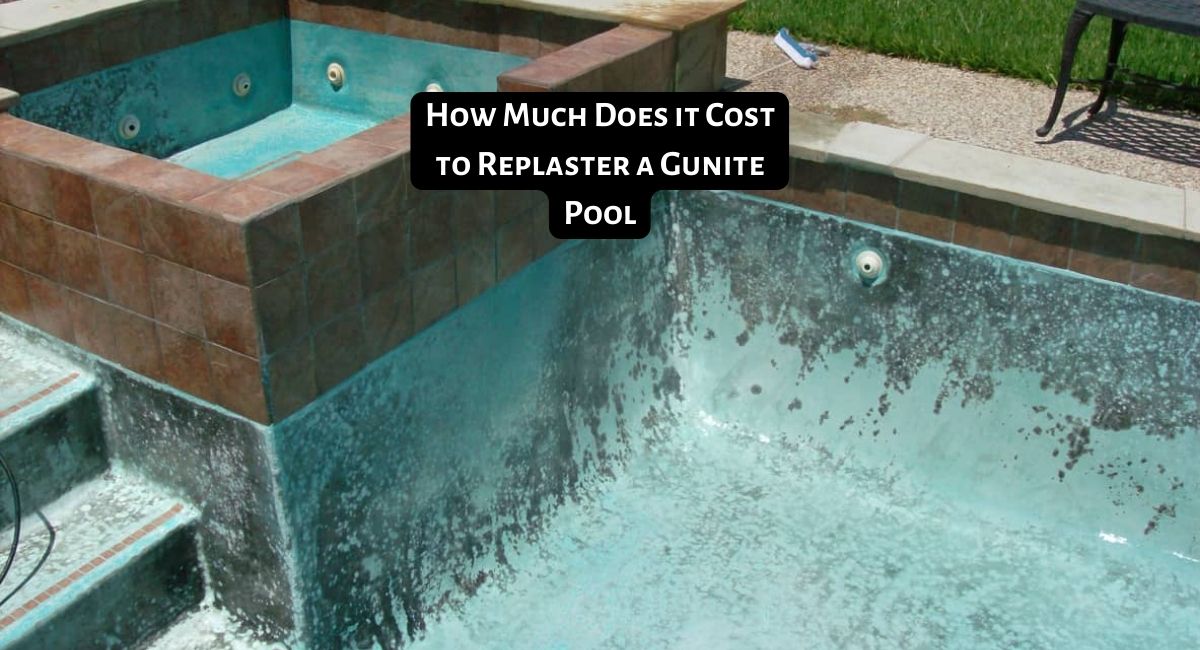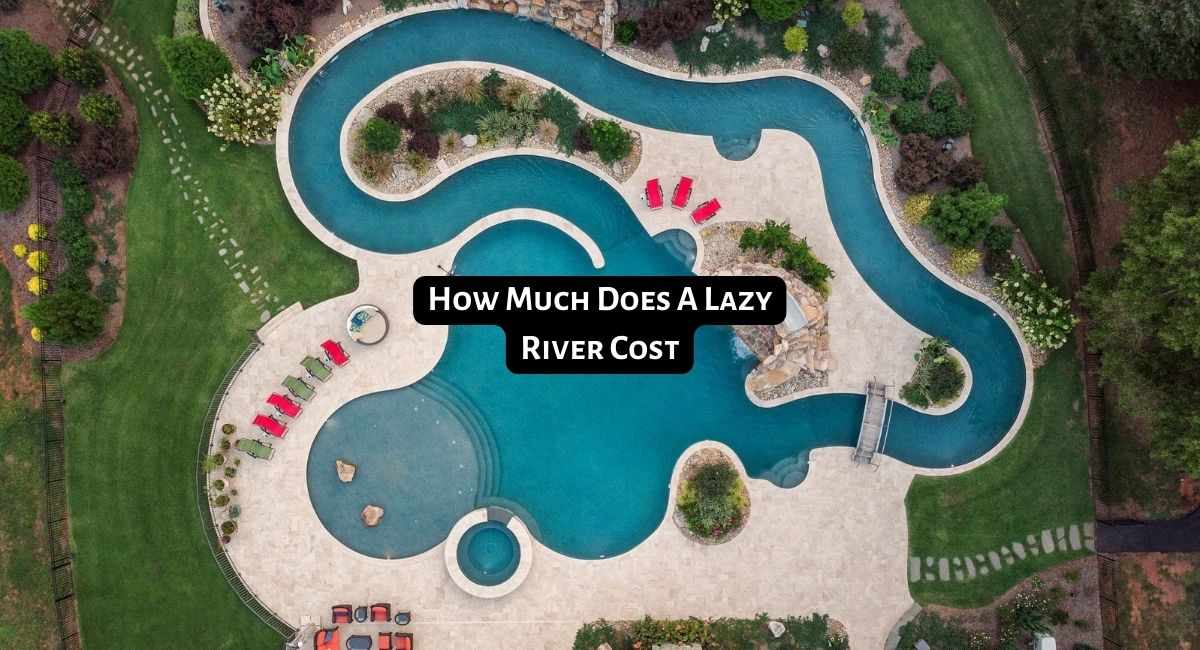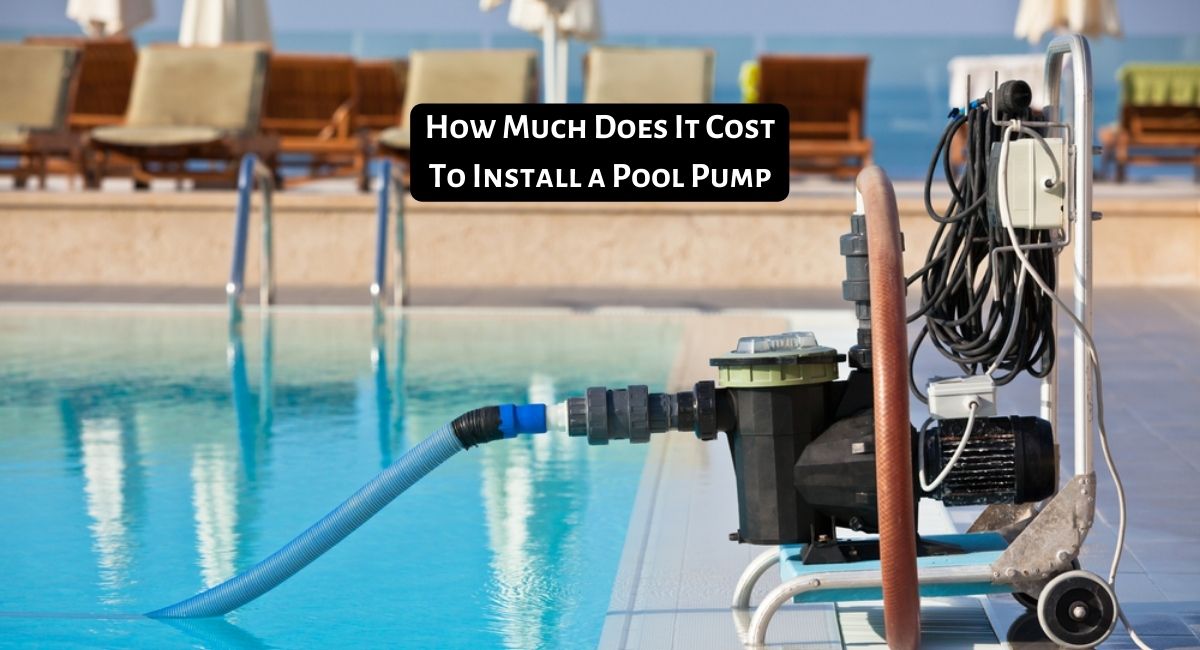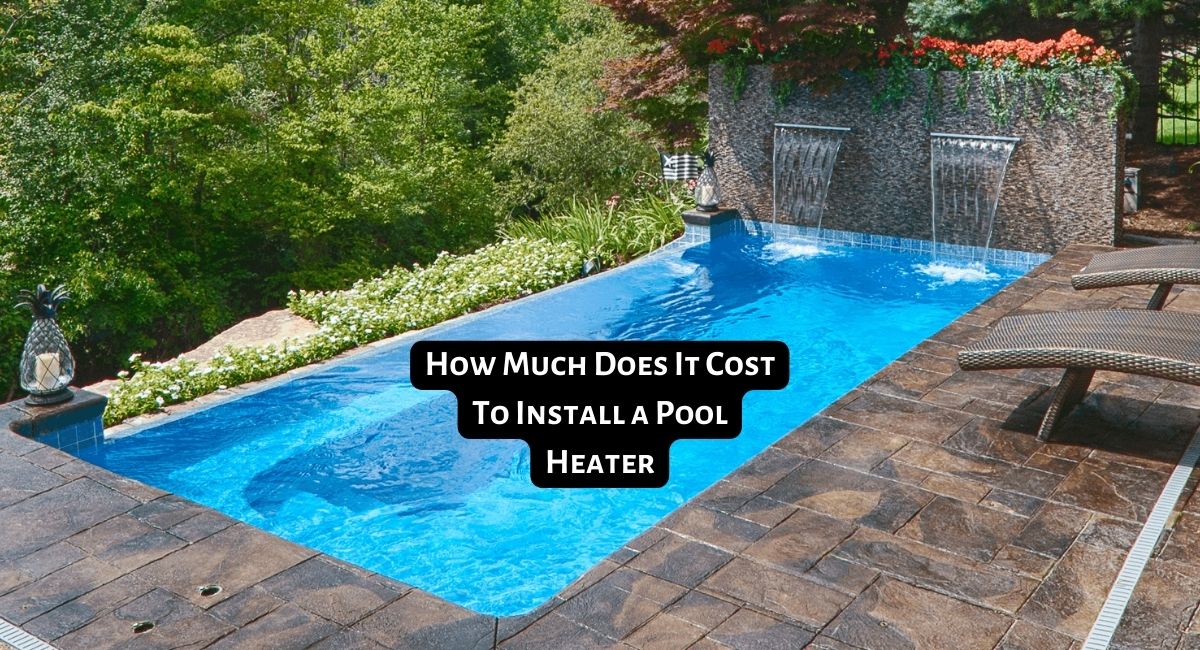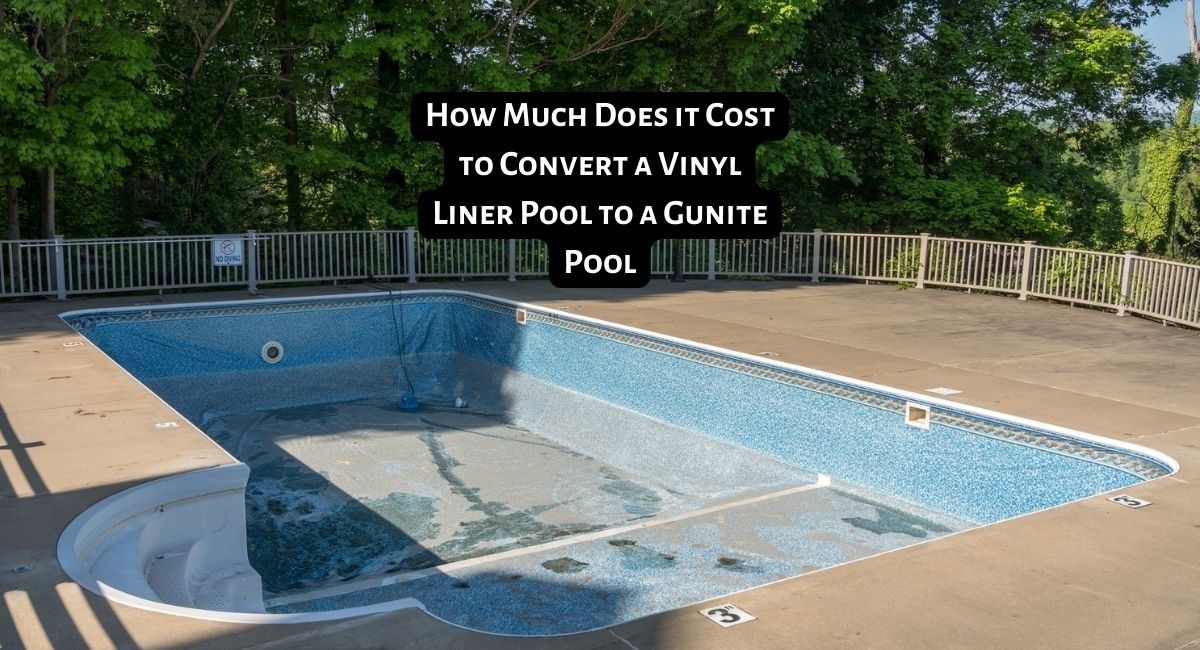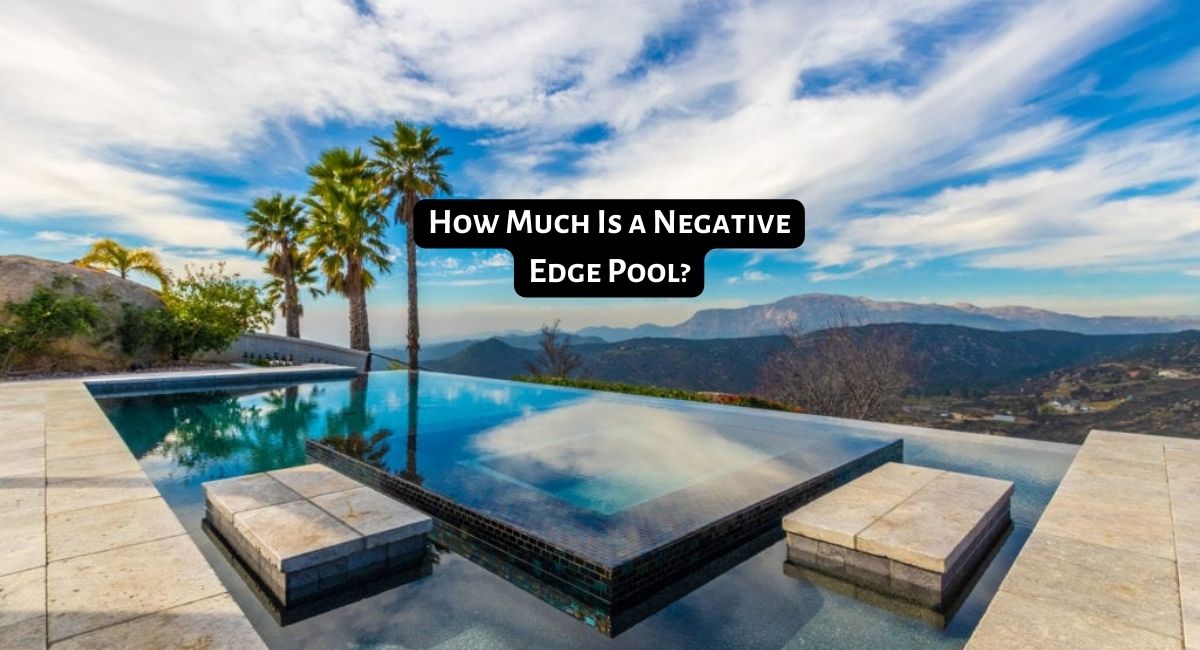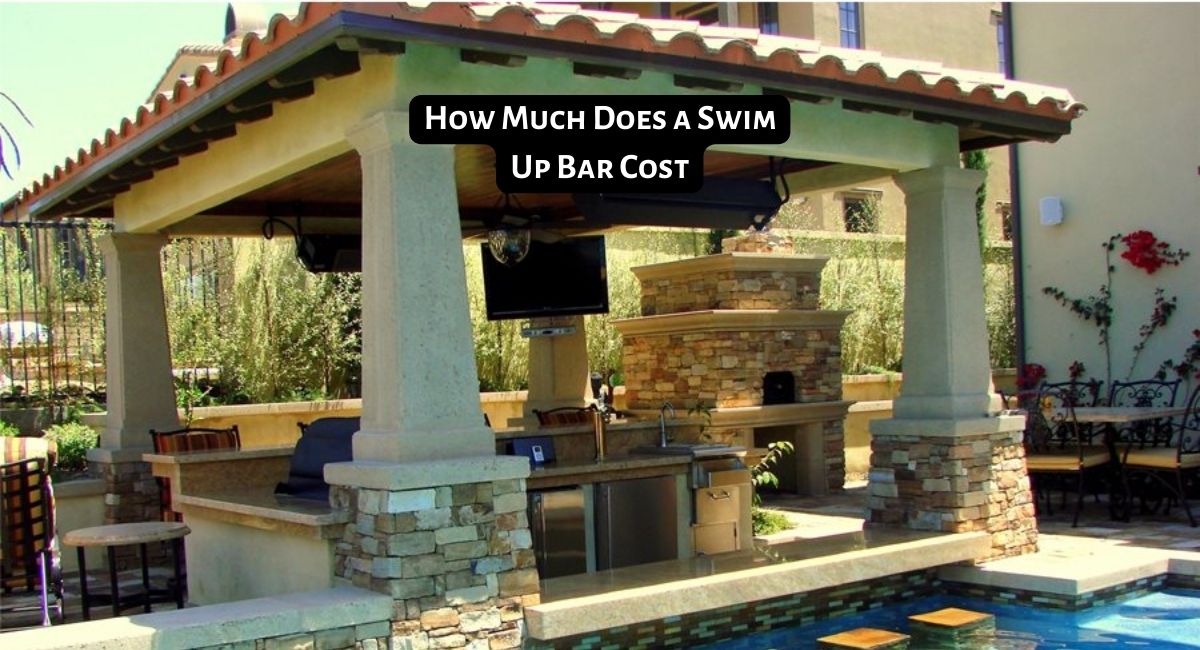If you own a gunite pool, you likely understand the importance of properly maintaining and caring for it. Regular maintenance is essential to keeping your pool in good shape year-round. One of the most important tasks associated with owning a gunite pool is replastering it every so often. Replastering helps to keep the surface smooth and even and extends the life of your pool. The cost to replaster a gunite pool can vary depending on the size, condition, and other factors. In this blog, we will explore how much does it cost to replaster a gunite pool so that you can plan for this expense accordingly.
TL;DR
Replastering a gunite pool is not a cheap undertaking, but it pays off in big dividends. The cost to replaster a gunite pool will depend on several factors such as the size of the pool, complexity of the job and location. Generally, you can expect to pay anywhere from $4-10 per square foot for replastering a gunite pool. This price range includes all labor and materials needed to complete the job. With proper maintenance and care, your newly replastered gunite pool should last up to 10 years before needing another replaster.
Table of Contents
How Much Does it Cost to Replaster a Gunite Pool?
When it comes to determining the cost of replastering your gunite pool, there are several factors that should be taken into account. First of all, the size of your pool is an important consideration because larger pools require more material and labor than smaller ones. The condition of your existing plaster will also affect the price; if your plaster is in poor condition or hasn’t been kept up with maintenance, you may need to replace more of it.
The type of plaster used can also have an impact on the cost. There are different types of plaster available and some are more expensive than others. You’ll want to work with a qualified contractor to determine which type is best for your pool. In addition, the labor costs associated with replastering your gunite pool should be taken into account as well. Professional contractors will typically charge by the hour or by the job depending on how complex the project is.
Make sure you have proper understanding of how to resurface a gunite pool as well.
Pool Resurfacing Cost Breakdown
When it comes to the cost of replastering a gunite pool, there are several factors that must be taken into consideration. Generally, the cost of resurfacing a gunite pool can range anywhere from $4,000 to more than $20,000. The location and size of the pool will play an important role in determining the price, as well as any additional features or materials needed for the job.
The type of materials used to replaster a gunite pool is one factor that determines the overall cost. Popular choices include traditional plaster mix or quartz-based finishes, both of which have their own advantages and disadvantages. Traditional plaster mixes tend to be much less expensive than quartz-based finishes but may require more frequent maintenance. Quartz-based finishes, on the other hand, are much more durable and require minimal maintenance but tend to be more expensive upfront.
Another factor that affects the cost of replastering a gunite pool is labor costs. Hiring a professional contractor who has experience resurfacing pools can significantly increase the cost of the project due to their expertise and specialized tools used in the process. If you are able to do some of the work yourself or have access to cheaper labor sources, this could save you money in the long run.
Finally, additional features such as waterline tiles and coping can also contribute to increasing the total cost of resurfacing your gunite pool. The cost for these additional features will depend on factors such as size, complexity, and materials used.
Overall, the cost of replastering a gunite pool can vary significantly depending on the factors mentioned above. It is important to do your research and get accurate estimates from contractors before deciding on the right option for you. Doing so will ensure that your project is completed correctly and within your budget.
Gunite Pool Resurfacing Cost
When it comes to resurfacing a gunite pool, the cost can vary greatly depending on several factors, such as size, surface type and geographical location. In general, replastering an existing gunite pool typically costs between $3 and $6 per square foot of area being resurfaced. So for a standard-sized 12×24-foot (288-square-feet) rectangular in-ground pool, the total estimated cost for replastering would be somewhere between $864 and $1,728.
The price range also includes any necessary material used during the project such as pebbles or quartz aggregate materials which can add up to an additional $2-$4 per square foot of entire area being replace. Additionally, some pool contractors may charge a fee for additional services such as acid washing or tile replacement.
In many cases, the pool contractor you hire will include all labor costs and materials in an overall cost estimate before beginning the resurfacing project. Keep in mind that although the initial investment for replastering can seem costly, the money invested adds value to your property and extends the life of your gunite pool. Additionally, it is important to remember that licensed contractors must often obtain permits from local building departments so make sure those costs are factored into the estimates they provide.
Cost to Repaint a Gunite Pool
When it comes to maintaining your gunite pool, one of the most important steps is replastering. This is because gunite pools are more prone to wear and tear than other types of swimming pools. The process of replastering a gunite pool involves completely removing the old plaster from the walls and floor, before applying new plaster to create a fresh, smooth surface.
The cost of replastering a gunite pool varies depending on several factors including size, complexity, access and location. In general, you can expect to pay anywhere from $5-15 per square foot for materials and labor costs combined. For an average sized 15x30ft pool that’s around $3,000 – $4,500. The price can be much higher for more complex pools.
In addition to the cost of materials and labor, there are a few other costs associated with replastering a gunite pool. These include draining and refilling the pool, dealing with debris from the old plaster, chemicals for cleaning and balancing the water post-replastering, among others. It’s important to factor in these additional costs when budgeting for your project as they can add up quickly.
Additional Costs to Consider
Aside from the cost to replaster a gunite pool, there are other costs that one should consider when budgeting for a replastering job. Depending on the condition of your pool, you may need to spend additional money on replacing and/or repairing certain components or features such as drains and light fixtures. You may also need to purchase extra supplies such as plaster patching materials or acid wash chemicals if needed.
It is important to get an accurate estimate of how much these items will cost before beginning any work. Additionally, it is also important to factor in the cost of rental equipment if necessary for the job as well as any additional labor costs associated with making repairs or replacements before replastering can begin.
In some cases, it may be necessary to replace the pool filter or pump. If this is the case, then take into account the cost of purchasing and installing a new filter/pump as part of your overall expenses.
Finally, if you are hiring a professional to do the job for you, make sure you factor in any additional costs associated with their services such as travel fees, insurance coverage, and other miscellaneous charges. It is important to ask for a detailed breakdown of these charges so that there are no surprises when it comes time to pay the bill.
Conclusion
In conclusion, replastering a gunite pool can be a costly but necessary project that any homeowner with an existing gunite pool should consider. It is important to remember that the cost of replastering will vary based on the region, size of the pool, and quality of material used. Additionally, it is highly recommended to work with experienced professionals who specialize in this type of work as they can provide the best results for your money. If you are considering replastering your gunite pool, contact local professionals to discuss your options and get an accurate quote. With their help and guidance, you can rest easy knowing that your pool will look beautiful for years to come!
Frequently Asked Questions (FAQs)
1. Is pool plaster expensive?
Yes, pool plaster can be expensive. The cost of replastering a Gunite pool is typically between $4 and $7 per square foot of surface area, depending on the material used and other factors such as labor costs. It is important to get multiple quotes when considering this type of project to ensure you are getting the best value for your money. Additionally, it is important to factor in additional maintenance expenses that may arise from the use of lower-cost materials. Replastering a Gunite pool with high-end materials will produce an aesthetically pleasing result that will last longer than cheaper alternatives, saving money in the long run.
2. How often should I Replaster my gunite pool?
Your gunite pool should typically be replastered every 10 to 15 years, although this may vary depending on the environment and other factors. Additionally, it is important to inspect your pool regularly and look for signs of wear such as cracks or discoloration. If any of these are present, you may want to consider having your pool replastered sooner rather than later.
3. How thick is gunite pool plaster?
Gunite pool plaster is typically between 3/8 and 5/8 of an inch thick. The exact thickness required depends on the size of the pool and the water pressure inside, as well as how much abuse it will take from swimming activities. Generally speaking, thicker plaster provides greater durability. To ensure that your gunite pool has adequate protection, be sure to hire a professional who will use the correct type and thickness of plaster for your particular needs. This will help ensure you get years of enjoyment out of your swimming pool.
